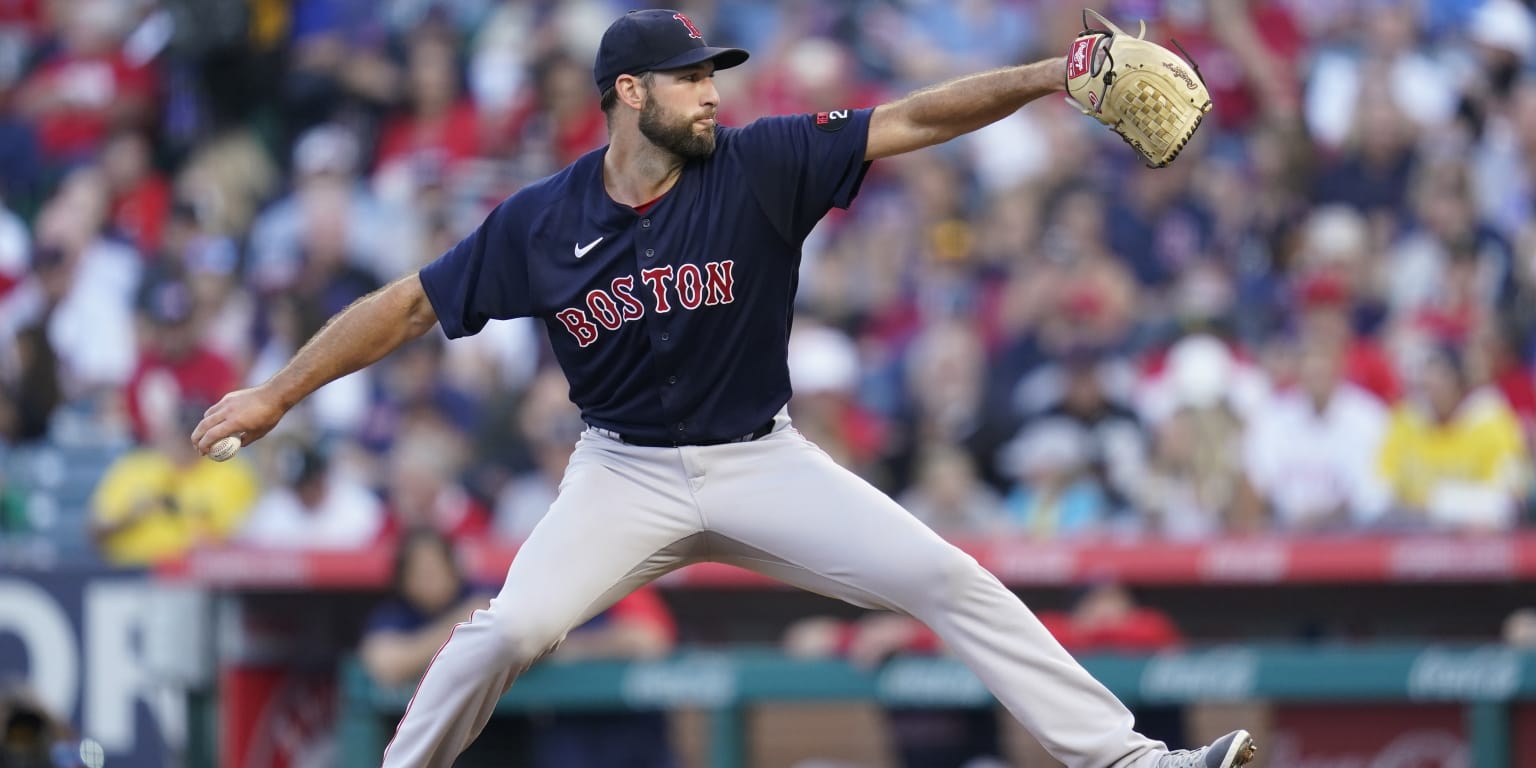The words of the victims, it is not always beautiful and resilient
, nuance Me Claire Josserand-Schmidt. For the last day devoted to pleadings of the civil partiesau trial of the attacks of November 13, 2015, several lawyers came to remind us that the victims were plural. By the number of course: more than 2,500 people have joined as civil parties. But also by their diversity. Their way of overcoming the suffering and going through this process varies from one victim to another.
There are those who were able to say to the accused: You will not have my hatred.
But this is not the case for all. There are those who did not have the strength to come to trial. It’s so pretty, resilience. Everyone likes it. It goes: I suffered, I endured, like a good victim who bites, but I raise my head, I have resources, I have my Boris Cyrulnik on the bedside table and I smile with dignity at the bar
defends Me Dorothée Bisaccia-Bernstein.
“They have the hatred they can”
However, many victims still carry anger, shame, guilt… And how could it be otherwise? Yes, we were sometimes afraid to look this terror in the face
, deplores Me Bisaccia-Bernstein. She is notably Benjamin’s lawyer who, on November 13, 2015, took refuge in a toilet cubicle at the Bataclan. Very small, tiny room. They were five to have taken refuge inside. Piled up. Benjamin crushed the bulbs so that no light filtered through the door.
But other spectators came knocking at the door. Open to us! Help !
On the other side of the door, these five did not open, fearing that it was a trick of the terrorists. You have to live with that afterwards. That we don’t come and talk to them about
resilience
, of
hatred that you will not have
. Leave them alone. They have as much hatred as they can. The fear they can. They do what they can.”
insists Me Bisaccia-Bernstein.
I had the impression that the hatred and anger of the victims had no place at this bar. We preferred resilience… Let’s not force victims to be reasonable
implores Me Daphné Pugliesi who remains convinced that whatever the suffering of the victims, the latter will gather around your decision. Because as you know, the law is the last democratic bastion.
Beyond hatred, victims have the fear they can. The one that doesn’t let go, that keeps you on your toes every second. Amar, a smiling waiter, is one of them. He was serving at the Carillon the night of the attacks. With his cousin, each on one side of the counter, he survived Kalashnikov fire. Almost seven years later, Amar still serves with a smile but tracking down the slightest abnormal noise. A few days ago, a tray of glasses fell. Amar ran off. The people around laughed. They don’t know everything
sighs Me Aurélie Cerceau.
These victims ready to speak with Abdeslam
But among the victims, there are also those who recognize feelings of ambivalence. Regarding one of his clients, Me Laurent Ivaldi says that hearing Salah Abdeslam’s apologies did him good. She wants to believe that what was said was sincere. She is not forgiving. She wants your court decision to reconnect with our share of humanity.
Victims would like to speak with Salah Abdeslam. Know it
insists Me Josserand-Schmidt for the court. This lawyer who had managed to make the main defendant of the trial speaka day when he had decided to remain silent, considers vital the dialogue that can be established between victims and accused. Questioning Salah Abdeslam, for some victims, was essential. For them, trying to understand comes from an incorrigible faith in human beings. The silence of some defendants is on the contrary indigestibleunacceptable
, she laments, even if she agrees, with Me Cerceau, that it is their right. But at what price for the victims?
Also, on this last day of pleadings, Me Dan Hazan, on behalf of the French Association of Victims of Terrorism, believes that guilt must cease to be a feeling. It must be a court decision. And you will return it!
The requisitions begin tomorrow Wednesday and will last three days.
–


